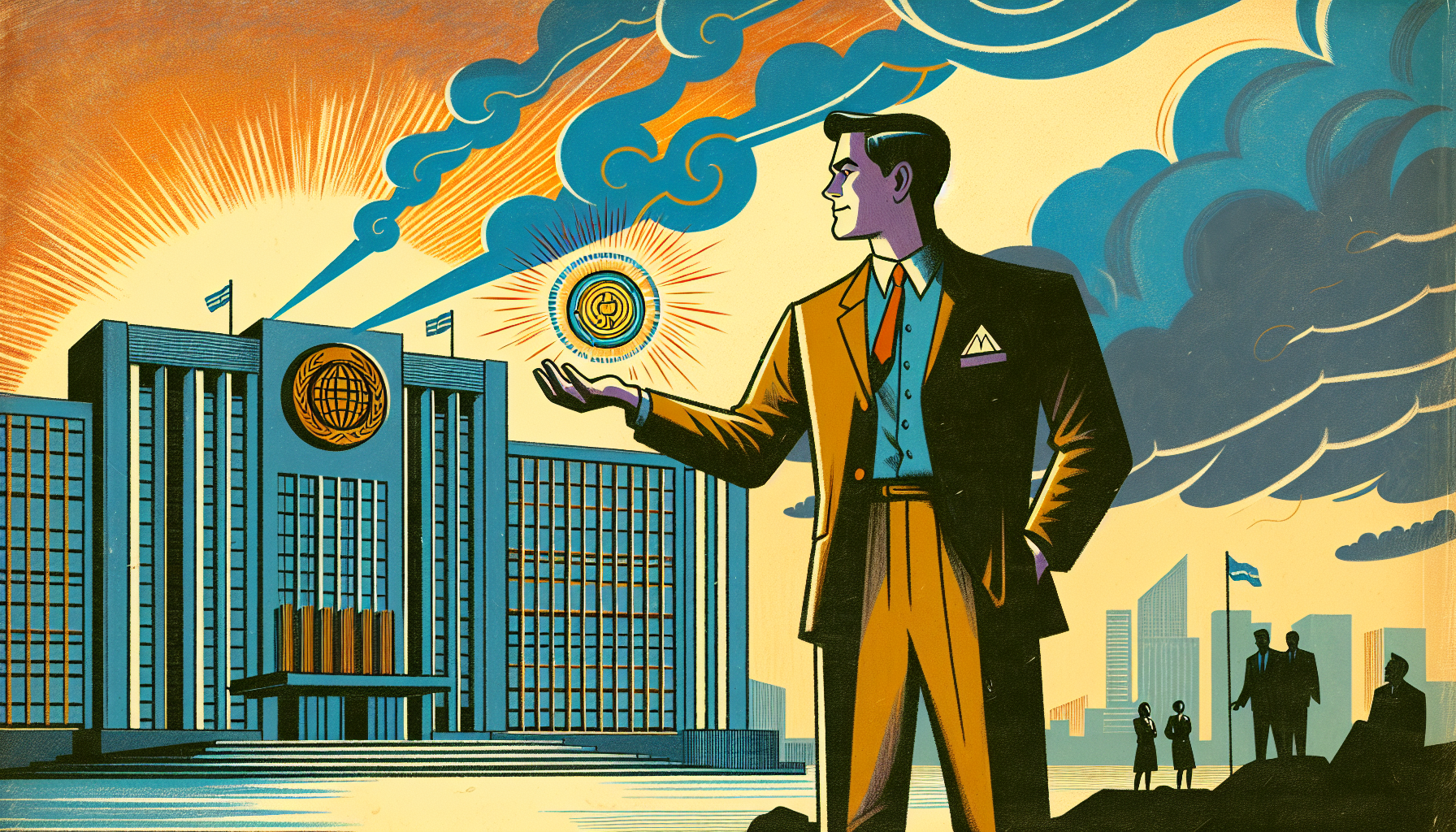
Elon Musk has resigned from his role in Donald Trump’s administration, concluding his leadership of the Department of Government Efficiency (DOGE). This initiative aimed at streamlining the federal government has been controversial, with its meme-inspired title frequently making waves and igniting substantial political discussions in Washington.
The billionaire entrepreneur, who emerged as a notable figure within Trump’s inner circle last year through significant donations and public support, was tasked with minimizing bureaucratic hurdles, reducing federal workforce numbers, and centralizing government technology infrastructure.
Musk’s exit was somewhat expected as it aligned with the conclusion of his 130-day appointment in the position. Nonetheless, it marked a rapid development just one day after a federal judge in Washington affirmed his role to be “ongoing and permanent” within the government.
His departure came after he publicly criticized Trump’s crucial budget plan. “As my designated period as a special government employee concludes, I want to express my gratitude to President Trump for the chance to cut down on unnecessary expenditure,” Musk conveyed on his social media platform, X. He mentioned that the DOGE initiative would continue to strengthen as it integrates into governmental processes.
The timing of Musk’s resignation has prompted suspicion, coming right after he denounced the administration’s proposed multi-trillion dollar taxation and spending scheme – dubbed the ‘big beautiful bill’ by Trump – as economically imprudent. “The federal bureaucracy situation is worse than I thought,” Musk stated to The Washington Post on Tuesday. “It’s quite a challenge to enact changes in DC, to put it mildly.”
Sources familiar with the administration indicated that Musk’s exit began on Wednesday evening without an official farewell from Trump. An insider pointed out that the decision was “made at senior staff level.” Behind closed doors, Musk’s frustrations had supposedly been mounting for a while. It was reported that he had grown disillusioned with political strategies in Washington and was perturbed by a US-approved arrangement between Abu Dhabi and OpenAI – a rival to Musk’s xAI venture.
Compounding his dissatisfaction, his $25m backing for a judicial candidate in Wisconsin did not yield the anticipated results. Musk had also pledged $100m to Trump-supportive political entities ahead of the 2026 midterm elections, yet those funds had not been delivered by this week.
The DOGE initiative, a somewhat futuristic agency conceived by Trump and influenced by Musk, aggressively aimed to tackle inefficiencies within the vast US federal workforce. Its most significant actions included offering buyouts to federal employees, placing entire agencies like USAID on administrative leave, and suggesting the elimination of paper checks and consolidation of government technology systems. However, these initiatives faced legal hurdles. Earlier this year, a court decision interrupted mass layoffs, citing constitutional violations. Though a 12 percent reduction in the federal workforce was reported, critics contended that these reductions compromised essential services and long-term institutional integrity.
For Musk, this role represented an extension of his anti-bureaucracy philosophy and an endeavor for real-time “startup governance.” Nonetheless, his attempts were thwarted by increasing hostility from civil servants, internal White House disputes – Musk allegedly referred to trade advisor Peter Navarro as a “moron” – and a prevailing sense that DOGE had become a scapegoat for all the issues plaguing Washington.
Tesla shares increased in after-hours trading on Wednesday, recovering from earlier losses after sharp declines in European VC registrations. This rebound was fueled by optimism that Musk’s attention might now turn more towards Tesla, especially with the anticipated launch of the company’s much-awaited robotaxi in July. “Investors are hopeful that his focus will now definitively shift to boosting Tesla’s sales and advancing its latest technological rollout,” stated Darren Nathan, head of equity research at Hargreaves Lansdown.
Analysts indicate that Musk’s exit from the political scene could lessen some shareholder anxieties, particularly following a tumultuous year for both



